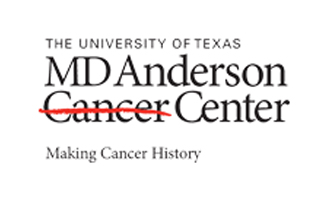
The researchers believe that almost 5 to 10% of all breast cancers are linked to BRCA1 or 2 mutations. They are also associated with growing risk of breast and ovarian cancers. The American Cancer Society (ACS) states that women with BRCA1 or 2 apparently have 60% chances of developing breast cancer throughout their lifespan. On the other hand, among the general population, only 12% of them seem to face this risk.
“In our practice, we’ve noticed that women with a known deleterious BRCA gene mutation are being diagnosed earlier with the disease than their moms or aunts. With this study, we looked at women who had been both treated and had their BRCA testing at MD Anderson to determine if what we were seeing anecdotally was consistent scientifically, a phenomenon known as anticipation,†explained Jennifer Litton, M.D., assistant professor in MD Anderson’s Department of Breast Medical Oncology and the study’s first author.
Due to the greater risk, women who are aware of their BRCA mutations or if someone from their family have it, undergo a screening when they are 25 years of age. Presently, BRCA positive women go through counseling to begin screening as they reach 25 years or 5 to 20 years prior to the youngest inflicted relative. However, Litton believes that these trends ought to be followed in order to suitably guide women who are at a greater risk.
The study unfolded 132 BRCA positive women who tested positive for breast cancer. This group enrolled in a high-risk protocol through MD Anderson’s Clinical Cancer Genetics Program in the period from 2003 and 2009. As the investigators reviewed each participant’s family tree, around 106 seemed to have a female family member from the last generation who also suffered from BRCA-related cancer. Other variables like age of diagnosis, region of mutation and birth year were noted in both the older and newer generations.
In the newer age group, the average age of diagnosis was 42, while 48 was the median age in the older group. When the generations were compared within the family, the average difference was 6 years. By using new techniques to gauge anticipation, the age differences between generations were possibly 7.9 years. Litton says that other lifestyle and ambient factors may also play a role. The findings suggest that women with BRCA mutations should be screened by following the guidelines inclusive of mammography, MRI and prophylactic surgeries at an earlier age itself. Litton has plans of gauging the biological basis for early diagnosis hereafter.
The analysis is published online in Cancer.
